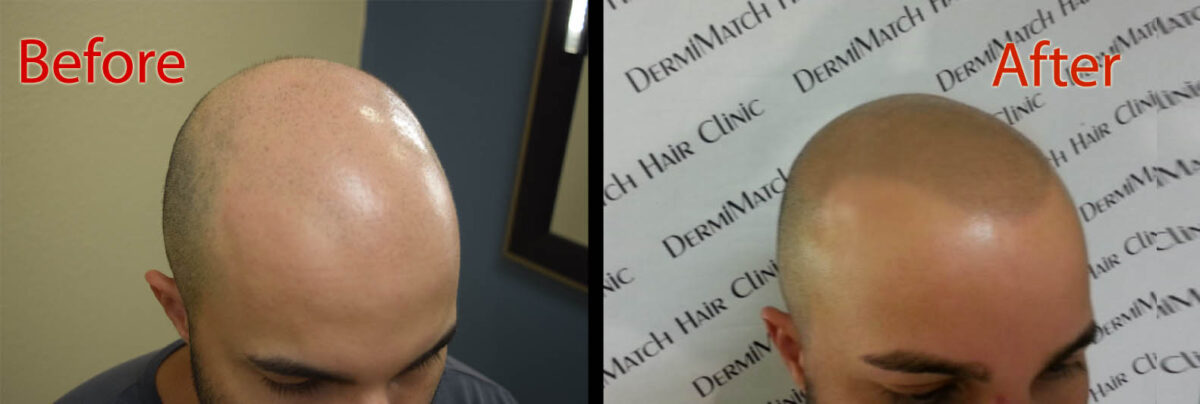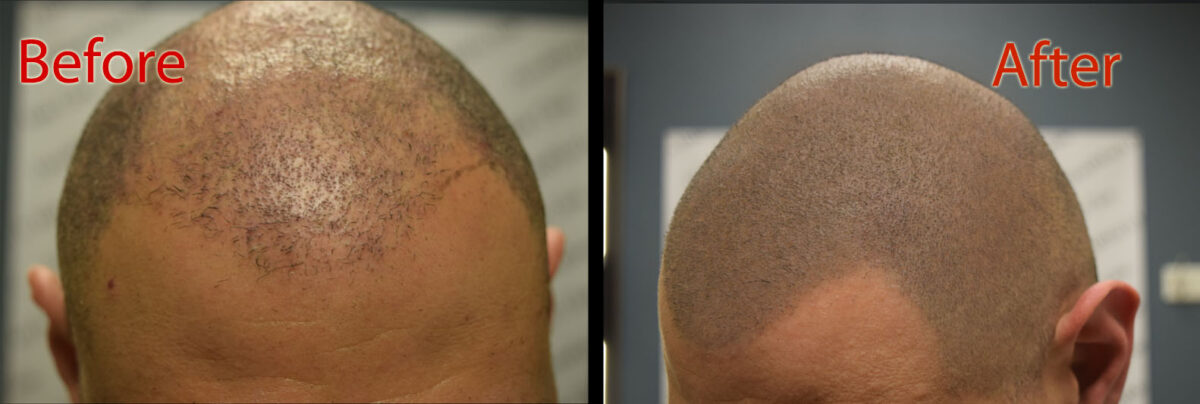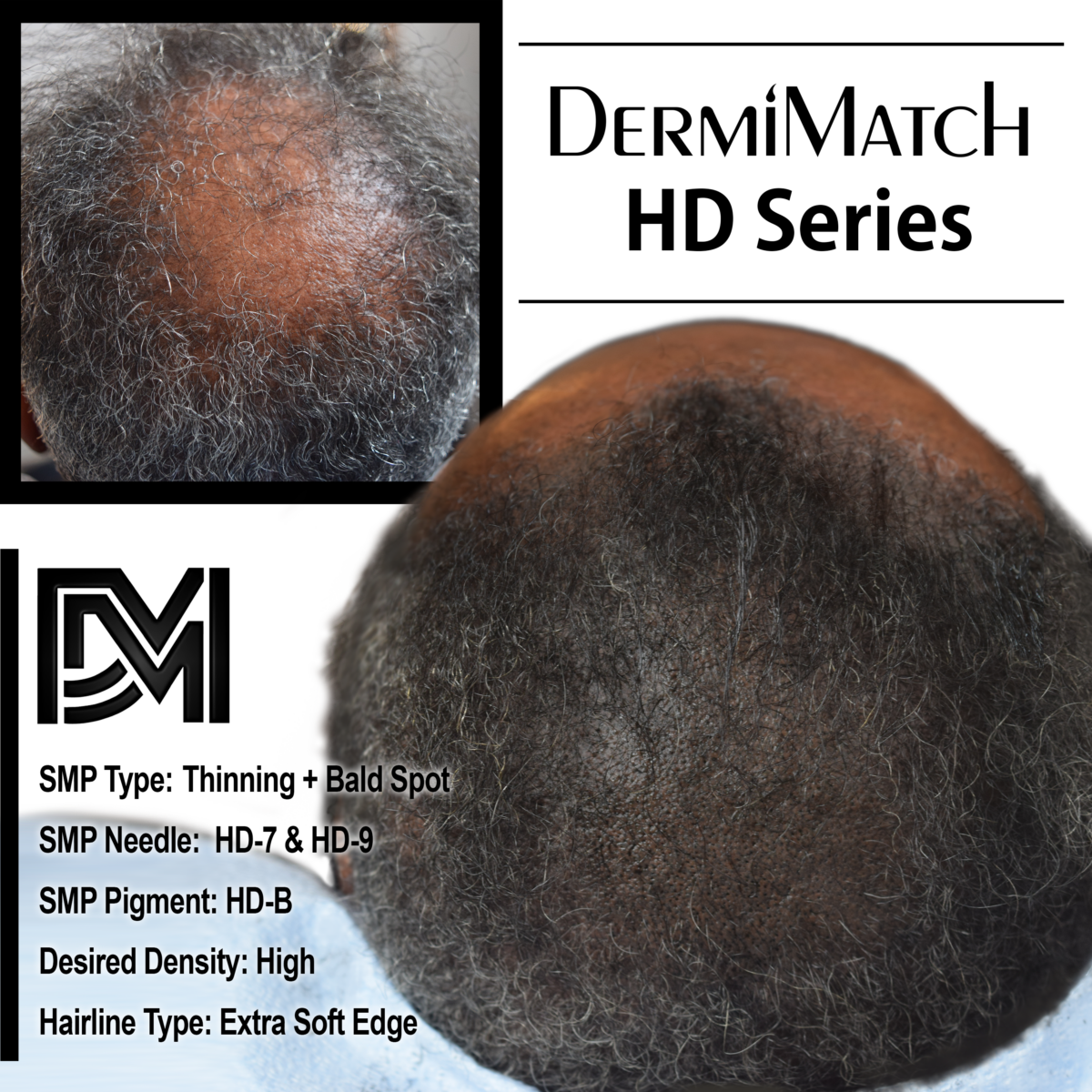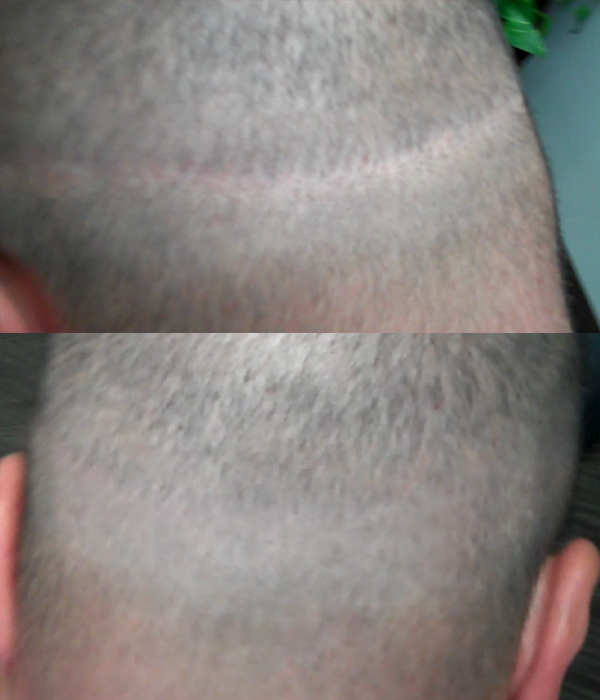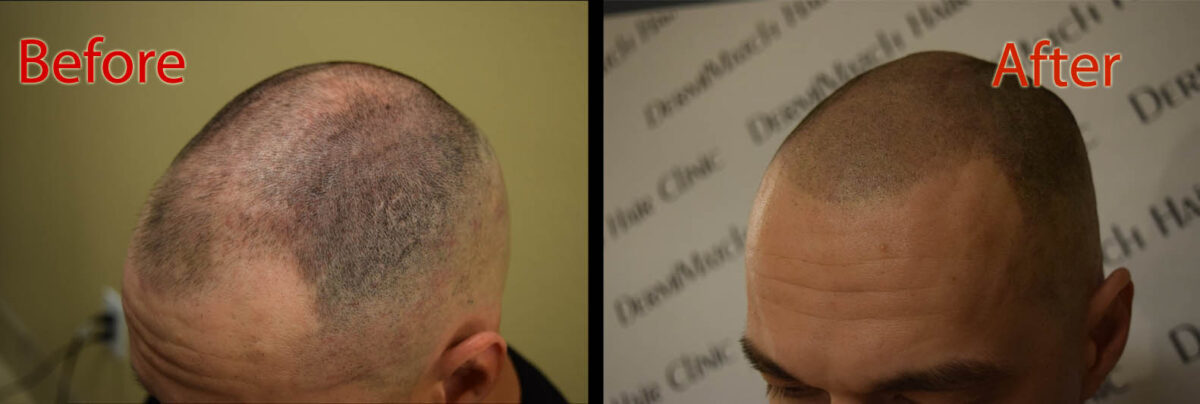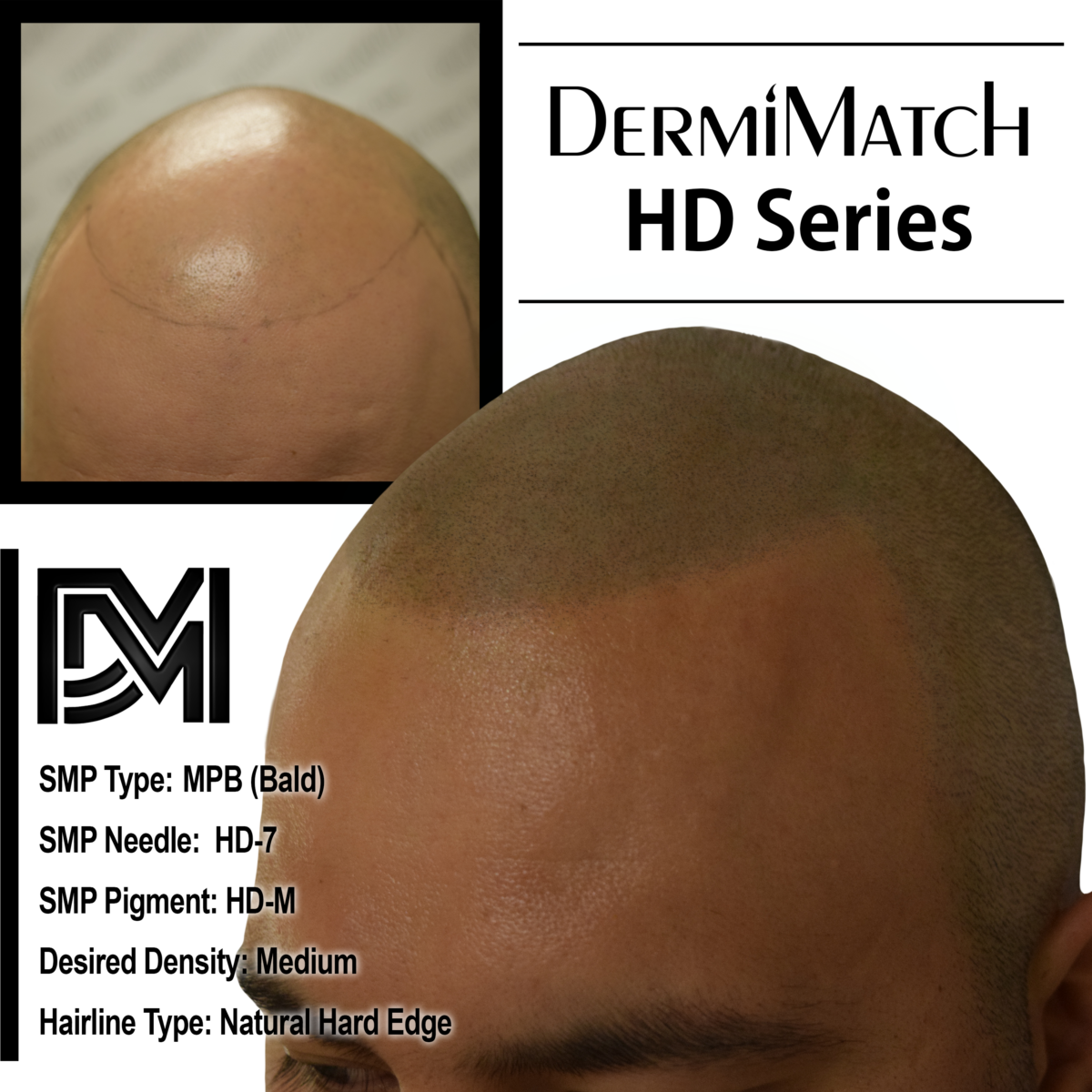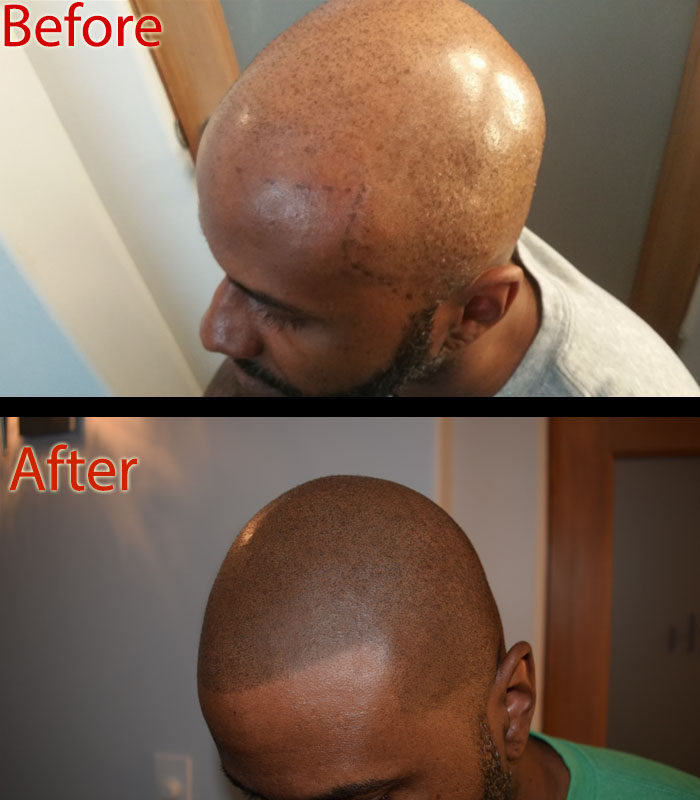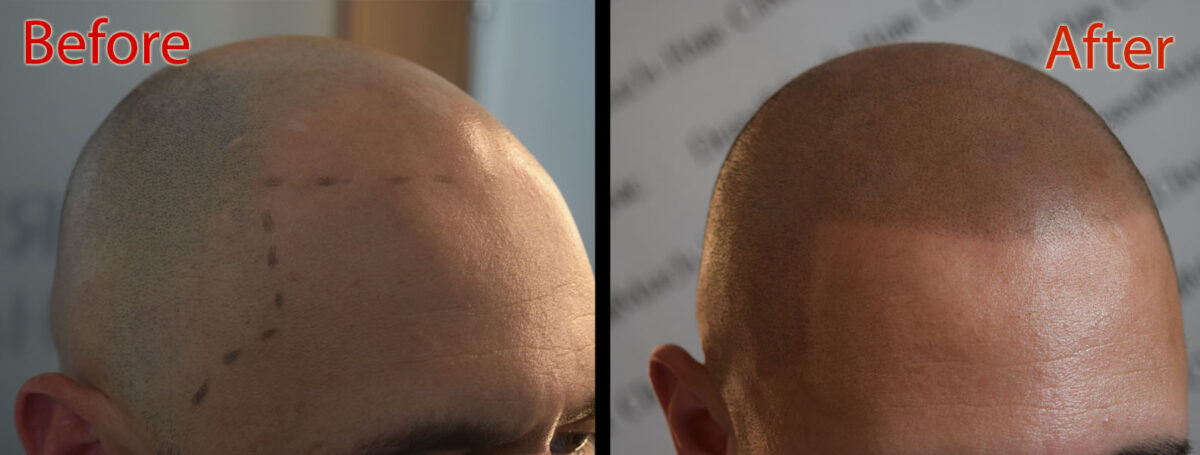Hair loss is a common problem that affects millions of people worldwide. While there are many potential causes of hair loss, including genetics, hormonal imbalances, and medical conditions, acupuncture for hair loss has emerged as a promising alternative treatment.
Does Acupuncture for Hair Loss Work?
Acupuncture is a traditional Chinese medicine practice that involves inserting thin needles into specific points on the body. The theory behind acupuncture is that it helps to restore the body’s natural balance and promote healing. While the exact mechanisms by which acupuncture works are not fully understood, several studies have suggested that it may be effective for treating hair loss.
One possible mechanism by which acupuncture may help with hair loss is by improving blood flow to the scalp. Hair follicles require a steady supply of blood to nourish and grow. Acupuncture may help to increase blood flow to the scalp by stimulating the release of vasodilators, which are substances that widen blood vessels.
Another potential mechanism is that acupuncture may help to regulate hormones that are involved in hair growth. Hormones, such as testosterone and dihydrotestosterone (DHT), can play a role in hair loss. Acupuncture may help to balance these hormones, promoting healthier hair growth.
Studies on Acupuncture for Hair Loss
Several studies have investigated the effectiveness of acupuncture for treating hair loss. A meta-analysis found that the technique was more effective than a placebo in improving hair growth in patients with androgenic alopecia, a common type of hair loss. Another study found that acupuncture was effective in improving density and thickness in patients with alopecia areata, an autoimmune condition that causes shedding.
While these studies look promising for the effectiveness of acupuncture for hair loss, more research can confirm its benefits. Additionally, acupuncture may not be effective for everyone, and individual results may vary.
Factors to Consider Before Trying Acupuncture
If you are considering acupuncture as a treatment for hair loss, there are several factors to consider:
Hair Loss Condition
Acupuncture may be more effective for certain types of hair loss, such as androgenic alopecia and alopecia areata.
Your Overall Health
If you have any underlying health conditions, it is important to consult with your doctor before starting acupuncture.
Your Expectations
Acupuncture may not provide immediate results, and it may take several sessions to see improvements.
Scalp Micropigmentation: A Permanent Solution
While acupuncture may be a viable option for some people, scalp micropigmentation (SMP) offers a more permanent solution for hair loss. SMP is a non-surgical procedure that involves implanting tiny pigment dots into the scalp to mimic the appearance of shaved hair follicles. This creates a dense, natural-looking appearance that can help disguise hair loss.
SMP is a minimally invasive procedure that requires no downtime. It is also a cost-effective solution compared to hair transplants or other surgical options. SMP can be used to treat a variety of hair loss conditions, including androgenic alopecia, alopecia areata, and thinning hair.
When the best SMP practitioners in Arizona perform scalp micropigmentation, they can create a realistic and natural appearance with long-lasting results.
SMP requires minimal maintenance after the initial procedure. It is more affordable than hair transplants or other surgical procedures.
Get Arizona SMP professional help from DermiMatch Clinic experts. They are highly skilled scalp artists with years of scalp micropigmentation experience. Schedule your consultation now.

